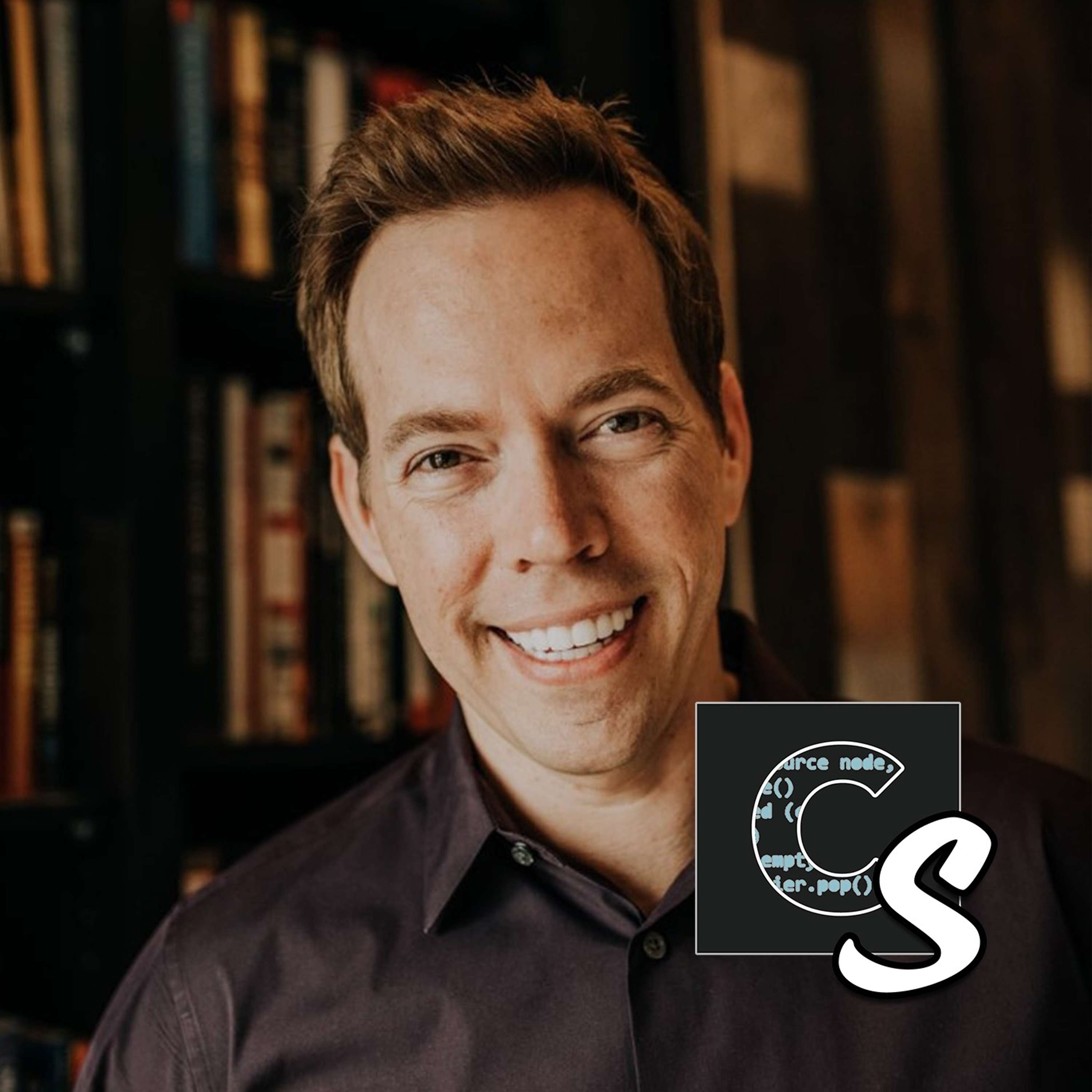Before doing Startups.com, Wil Schroter did nine other startups, until he realized that he wanted to teach. He found himself to be best at teaching people how to go through the startup process, walking them through every step, from ideation to customer acquisition toe funding, all the different expects. So, he built Startups.com
Startups.com came out of a failed equity crowdfunding platform, when facing a fierce competition and lack of traction. Here is how they did it.
Back in 2012, foreseeing changes in the regulatory environment, a few dozen teams were all competing to be the ones funding startups of the future, but the investors, ones who were supposed to do the actual funding, they never came.
Faced with this challenge, needing a path to survival, Wil and the team decided to pivot and start offering startups not just funding, but a whole range of services, starting from a business plan, customer acquisition, mentorship and beyond.
(press play to hear the story)
Instead of building the entire Startups.com product line from scratch, Will decided to acquire them. After pitching to hundreds of different startups, he finally had a handful that were ready to join.
In Wil's own words:
We have so much work flexibility [at Startups.com]. We often look and feel like an anti-startup. People don't work more than 40 hours here. No one works on a weekend. No one works past six o'clock.
For decades, I was the biggest culprit of working too much, but now, I'm so proud that our our staff has a life. A lot of us now have families and kids that we can spend lots of time with them and make them a priority.
A lot of people would say: "Hey, I'm proud of the product that does this or that," but I'm proud of the company that makes the product more so than anything!
Founders have this feeling that we've got to pick all the right people, and they've got to stick with the company forever. But you are not going to, and the ones that are poor picks should get out of the organization as fast as possible.
There's a good chance that your tech team, for example, is going to roll over three or four times. That sounds like the worst outcome ever, and it can be,but sometimes you need that many iterations before you find the team that's supposed to be with you.
A lot of founders hold on to that original team, as if the original bet was always the best bet. In reality, the original bet was the bet you made with the least possible data. Now that you know what you need and the company has evolved.
Loyalty can be blinding, prohibiting you from seeing flaws in people that you cherish. Blind commitment rarely leads to a good outcome, and when people are underperforming, you have to let them go, be that friends or family.
You have plenty of time, take it. Focus on the long run, avoid burnout, and work on something that going to matter for the rest of your life.
Focus on what you want to build right now, and do that in the shortest amount of time. What can you do by this Friday? Work on that because failure to achieve your goals will be obvious, keeping you motivated and on-time.
